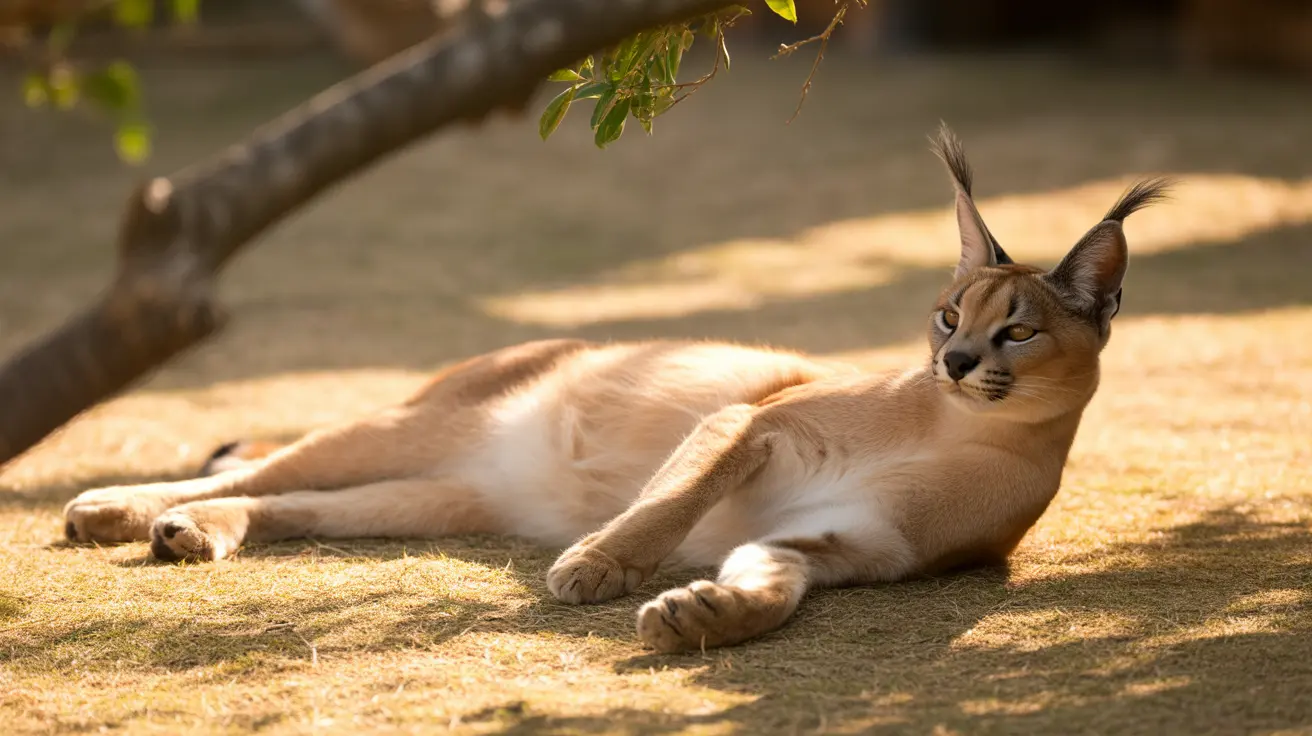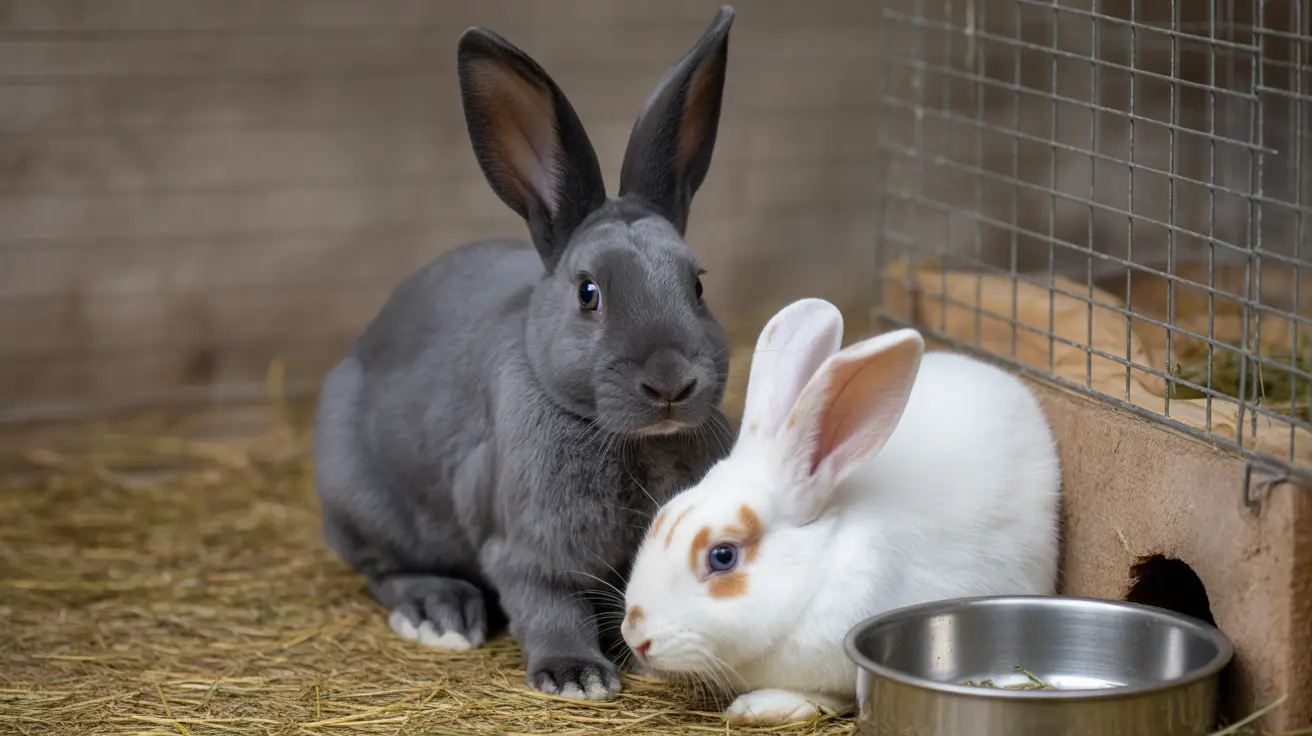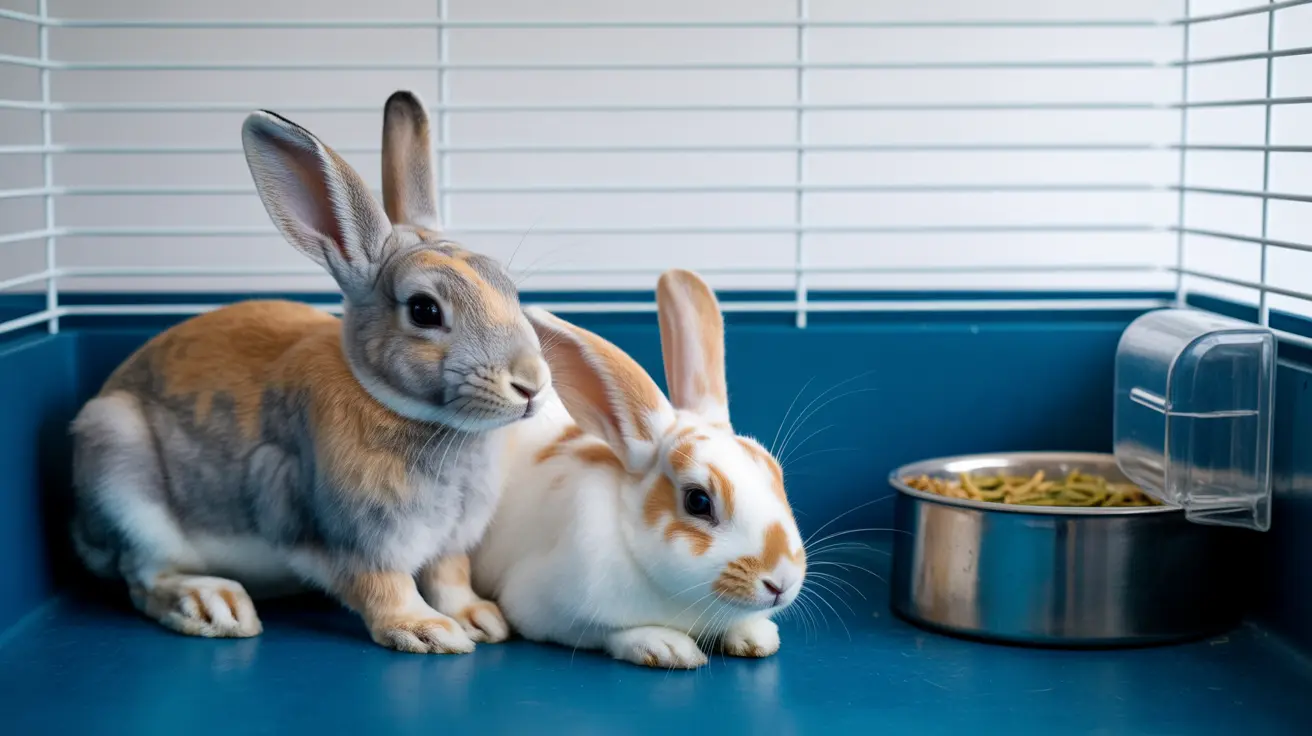The caracal, a striking wild cat native to Africa and Southwest Asia, has gained attention on social media as an exotic pet. However, despite their stunning appearance and growing popularity, keeping a caracal pet presents serious challenges, risks, and ethical concerns that potential owners must understand.
In this comprehensive guide, we'll explore why wildlife experts strongly advise against keeping caracals as pets, examining everything from legal restrictions to the specialized care these magnificent wild animals require.
Legal Status and Ownership Restrictions
Before considering a caracal pet, it's crucial to understand that ownership is illegal in most jurisdictions. Only a handful of U.S. states allow caracal ownership, and even then, strict permits and regulations apply. These restrictions exist for good reasons, primarily protecting both the animals and potential owners.
Even in states where caracal ownership is technically legal, owners must:
- Obtain specific exotic animal permits
- Pass rigorous facility inspections
- Maintain detailed documentation
- Meet strict housing requirements
The High Cost of Caracal Ownership
The financial commitment of keeping a caracal extends far beyond the initial purchase price. These exotic cats can cost anywhere from $1,500 to $35,000 to acquire. However, the ongoing expenses often surprise unprepared owners.
Daily operating costs include:
- Specialized diet (up to three pounds of meat daily)
- Exotic veterinary care
- Facility maintenance and repairs
- Environmental enrichment materials
- Insurance (if available)
Natural Behaviors and Housing Requirements
Caracals retain their wild instincts regardless of human interaction. Their natural behaviors often conflict with domestic living situations, making them challenging to house safely and comfortably.
These cats require:
- Large outdoor enclosures
- Specialized climbing structures
- Multiple territory marking areas
- Safe spaces for natural behaviors
- Robust containment systems
Health and Veterinary Considerations
Finding appropriate medical care for a caracal presents significant challenges. These animals need specialized veterinary expertise that few practitioners possess, and treatment costs can be astronomical.
Regular care requirements include:
- Specialized dietary monitoring
- Regular health screenings
- Preventative care
- Emergency medical provisions
- Professional behavioral assessment
Frequently Asked Questions
Where is it legal to own a caracal as a pet in the U.S.?
Caracal ownership is heavily restricted in the United States. Only a few states allow ownership with proper permits, including Nevada, South Carolina, and parts of Texas. However, regulations can change, and local jurisdictions may have additional restrictions.
What are the ethical concerns of keeping a caracal as a pet?
The primary ethical concerns include removing wild animals from their natural habitats, contributing to the exotic pet trade, compromising conservation efforts, and the inability to provide appropriate living conditions in domestic settings.
How much does it cost to buy and care for a pet caracal?
Initial purchase costs range from $1,500 to $35,000. Monthly care expenses can exceed $1,000, including specialized diet, veterinary care, facility maintenance, and damage repair. Annual costs typically range from $12,000 to $20,000.
Can caracals be domesticated like house cats?
No, caracals cannot be domesticated like house cats. Domestication occurs over many generations of selective breeding. Caracals retain their wild instincts even when raised in captivity and will never behave like domestic cats.
What special requirements are needed to keep a caracal healthy and safe?
Caracals require large outdoor enclosures, specialized veterinary care, a raw meat diet, environmental enrichment, and extensive safety protocols. They need professional-grade containment systems and regular behavioral monitoring to ensure both their safety and that of their caretakers.






